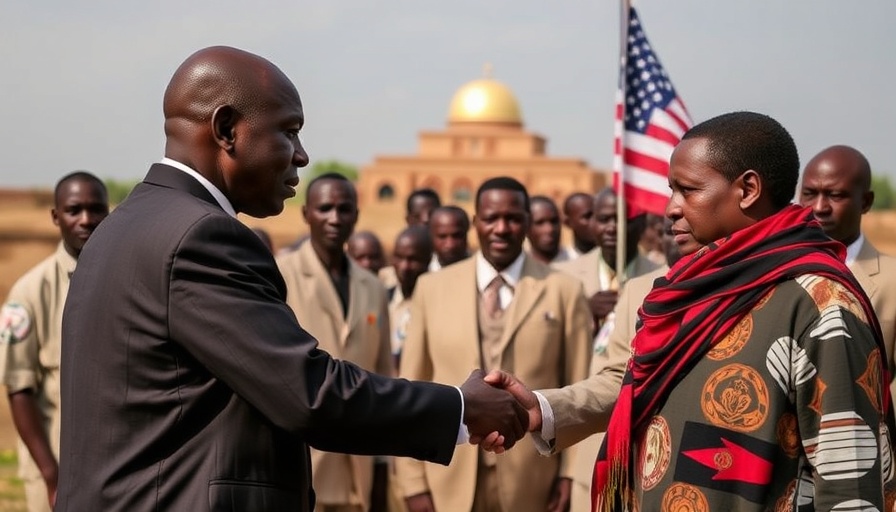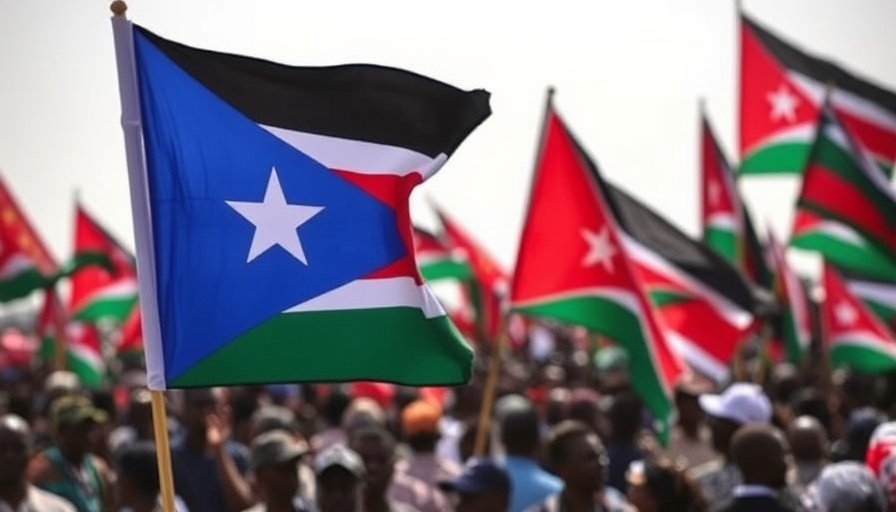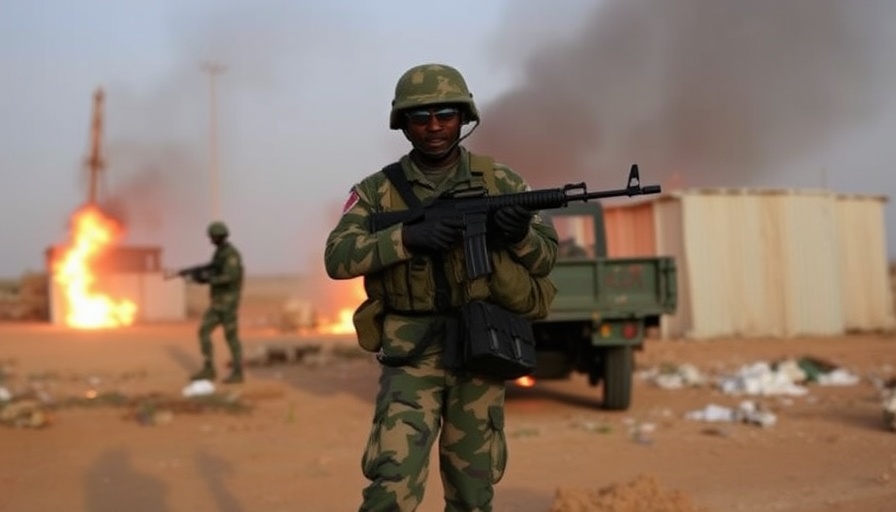
South Sudan Softens its Stance for Diplomatic Leverage
In a strategic move to ease tensions with Washington, South Sudan has recently accepted eight deported individuals from the United States, signaling a potential shift in its international relations posture. Among those accepted was only one South Sudanese national, while the others hailed from countries as diverse as Cuba, Vietnam, and Myanmar. This gesture comes after years of strained ties, partly due to South Sudan’s previous resistance to accepting deportees, particularly former inmates convicted of serious crimes in the U.S.
Understanding the Broader Implication
By accepting these deportees, South Sudan aims to mend broken diplomatic ties and enhance its engagement with Washington. The recent statement from the South Sudanese Ministry of Foreign Affairs underscores a commitment to bilateral cooperation across various fields, including political and economic cooperation, security, and humanitarian assistance. This action seems to be more than a mere acceptance of deported individuals; it represents a strategic decision to improve its standing in the eyes of major global powers.
Consequences of the U.S. Visa Ban
The backdrop of this acceptance is a history of U.S. visa restrictions on South Sudanese citizens due to inadequate passport data management and compliance with international obligations. The ban has curtailed travel opportunities for many South Sudanese, impacting not just the individuals, but the broader socio-economic landscape. As nations globally reassess their foreign relations, South Sudan is making a calculated effort to align itself more closely with U.S. expectations.
Perceptions of Safety and Secure Returns
Following their return, these deportees are reported to be under the watchful eye of relevant authorities in Juba, ensuring their safety as per local laws and international norms. This raises critical discussions surrounding the implications of deportees returning to conflict-sensitive areas, a point of consideration for policymakers and analysts who monitor human rights and public safety.
What This Means for South Sudan's Global Standing
By engaging in a constructive dialogue with the U.S. while accepting deportees, South Sudan is not only attempting to diffuse bilateral tensions but is also positioning itself as a cooperative partner in the global arena. This could signal a new era for the country’s diplomacy, making it more attractive for investors and partners looking to engage in Africa.
Conclusion: A Shift in Diplomatic Landscape
As South Sudan navigates its complex relationship with Washington, understanding these developments is crucial for stakeholders across the diplomatic, business, and humanitarian sectors. It provides insights into how political decisions can significantly affect international relations, trade opportunities, and regional stability. By exploring the evolving dynamics of South Sudan’s foreign relations, we can better comprehend the broader implications for the African continent in the global geopolitical landscape.
 Add Row
Add Row  Add
Add 


 Add Row
Add Row  Add
Add 

Write A Comment